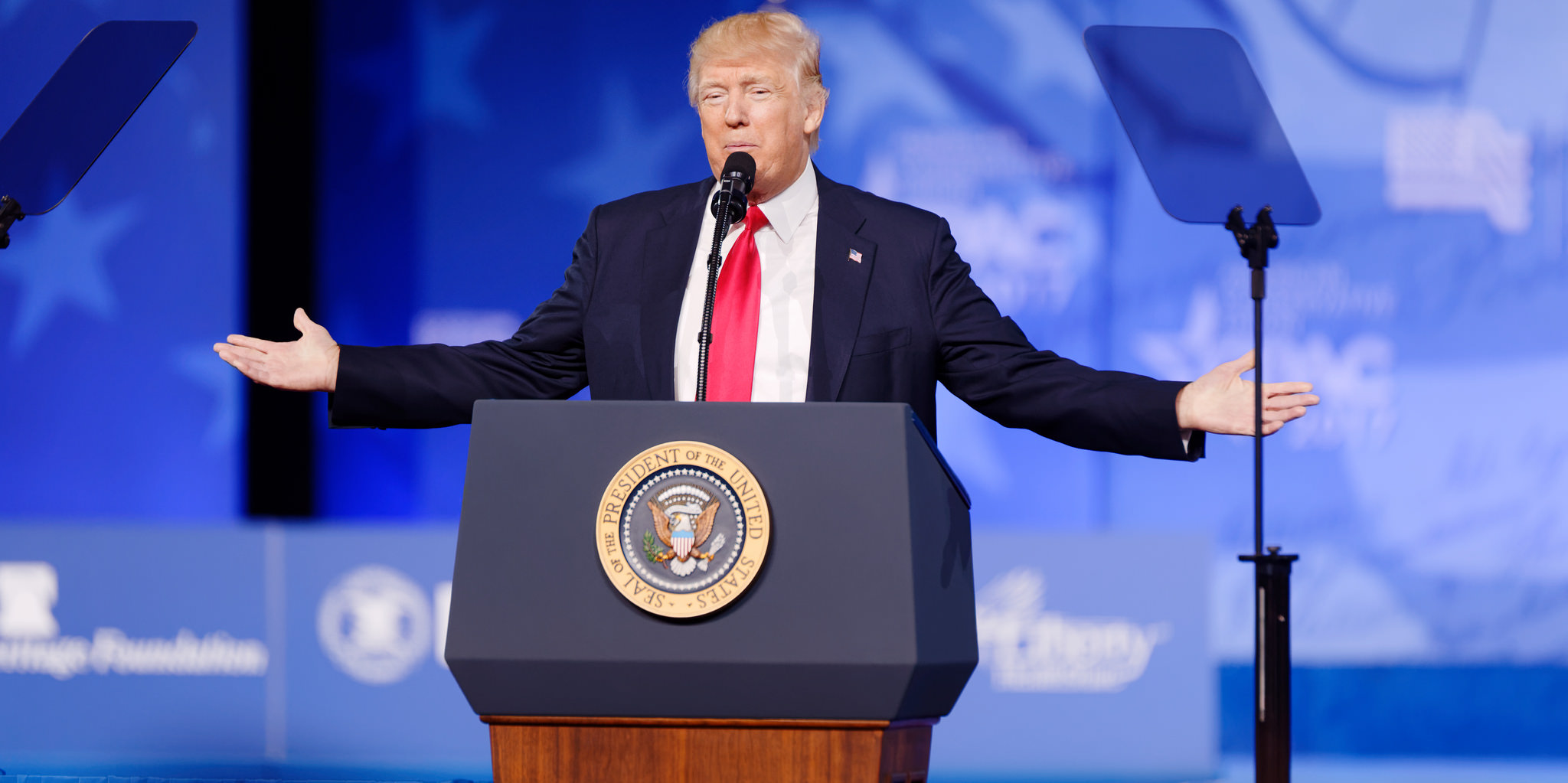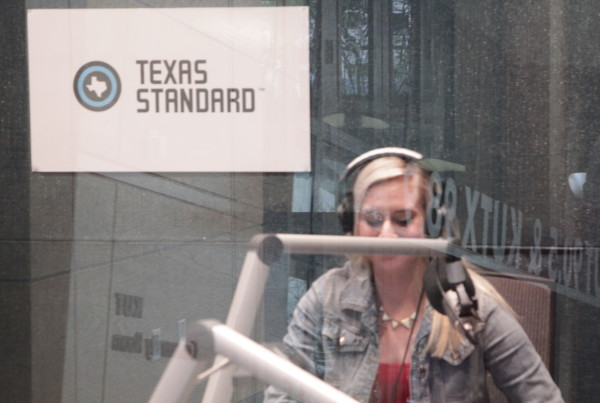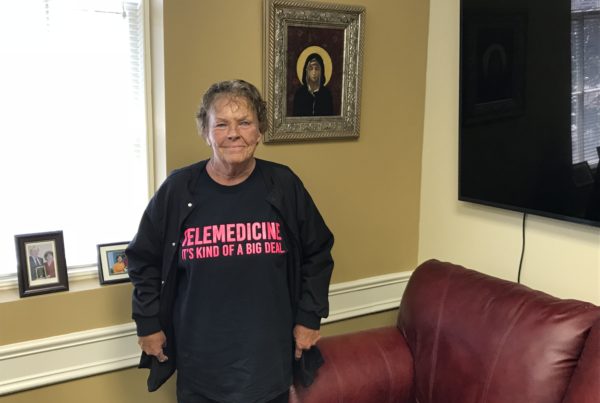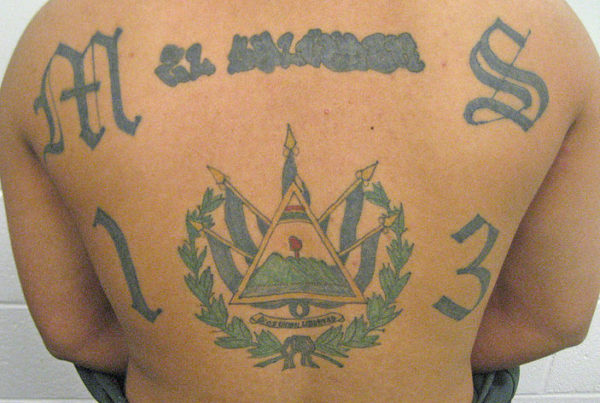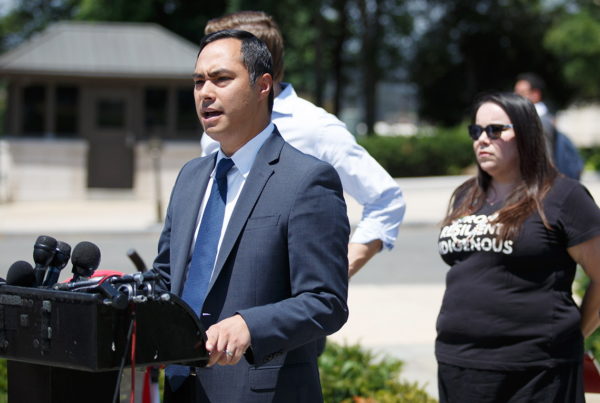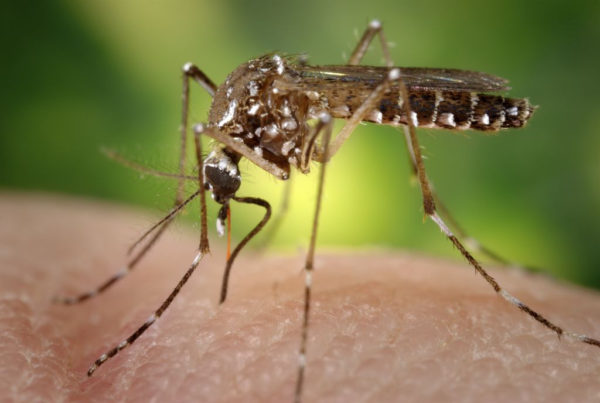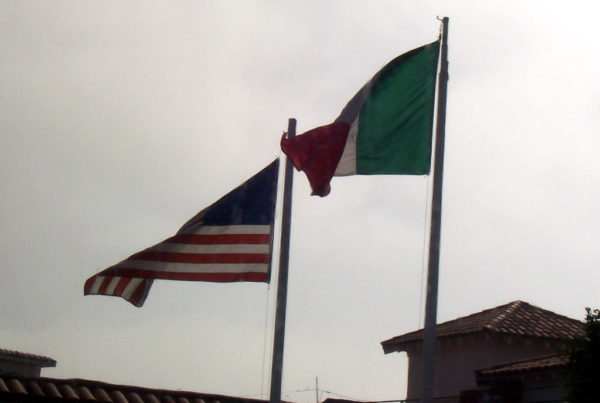Controversy arose at the Helsinki summit this week when President Donald Trump sided with Russian President Vladimir Putin over United States intelligence agencies, regarding Russian interference in the 2016 U.S. presidential election. The statements, particularly coming so soon after Special Counsel Robert Mueller’s indictment of 12 Russian intelligence officers last week, have ignited a frenzy of criticisms from the media, government officials and the public at large.
One of the sharpest critiques came from Texas GOP Congressman Will Hurd who abashed admonished Trump in a tweet:
I’ve seen Russian intelligence manipulate many people over my professional career and I never would have thought that the US President would become one of the ones getting played by old KGB hands.
— Rep. Will Hurd (@HurdOnTheHill) July 16, 2018
Jennifer Mercieca, a historian of American political rhetoric and associate professor of communication at Texas A&M, says Trump was aiming for a milestone moment in his Helsinki remarks.
Trump preceded his defense of Russian actions with this statement: “I would rather take a political risk in pursuit of peace than to risk peace in pursuit of politics.”
To Mercieca,Trump was attempting to reframe his treatment of Putin as a kind of heroism.
“He’s not going to worry about domestic politics. He’s not going to worry about indictments, or probes or any other controversy and instead is going to act as a diplomat and is risking himself, is risking his political future in pursuit of this larger goal, which is peace,” Mercieca says. “The reason why I think that’s so noteworthy is it takes the form of a chiasmus. Chiasmus is the Greek letter X. The sentence itself forms a letter X; the front part is mirrored on the back part.”
This rhetorical tool was most famously employed by President John F. Kennedy when he said “Ask not what your country can do for you, but what you can do for your country” during his inaugural address in 1961. But Trump’s remarks gained attention for the opposite reason – many were shocked and angered by them.
Putin, too, attempted to “transcend”, as Mercieca put it, the current politics and controversies of the present with a focus on the future. His desire to repair the Russian-American relationship was his primary justification for endorsing Trump’s presidency.
Trump’s most noteworthy quote, for the purposes of rhetorical analysis, was called treasonous by some in the U.S. It came in response to a question about U.S. intelligence agencies’ assessment of Russia.
“People came to me, Dan Coats came to me and some others, they said they think it’s Russia. I have President Putin. He just said it’s not Russia. I will say this, I don’t see any reason why it would be,” Trump said.
“I think that Trump is very good and very skillful at speeches of self-defense, and this is what this was. So he tries to do every trick you can do to try and defend yourself without admitting guilt: change the subject, deny the premise, deny he had anything to do with it, bolster his credibility with the audience by saying ‘I like things that you like.’ He does all of these things one would typically do to successfully defend themselves and yet all of it rings false,” Mercieca says.
“We have all of this evidence that we trust from Mueller and yet Trump denies it all and instead embraces the country that seems to have attacked us. It doesn’t look good,” she says.
Written by Sarah Yoakley.


